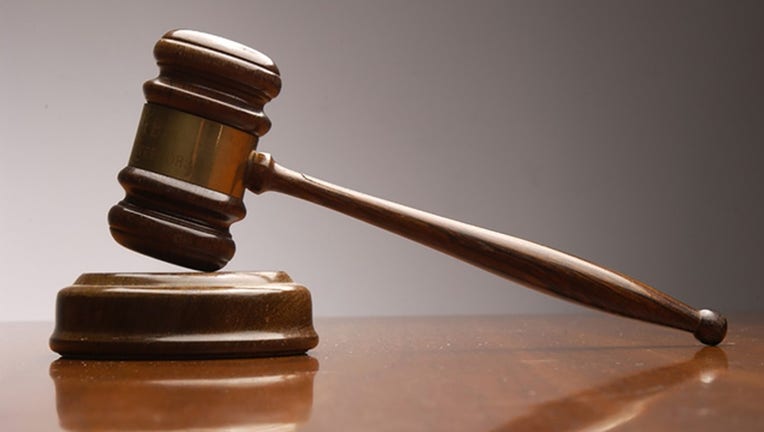Fishermen plead guilty to cheating in Ohio tournament

CLEVELAND (AP) - Two men accused of stuffing fish with lead weights and fish fillets in an attempt to win thousands of dollars in an Ohio fishing tournament last fall pleaded guilty Monday to charges including cheating.
The cheating allegations surfaced in September when Lake Erie Walleye Trail tournament Director Jason Fischer became suspicious when the fish turned in by Jacob Runyan, of Broadview Heights, Ohio, and Chase Cominsky, of Hermitage, Pennsylvania, were significantly heavier than typical walleye.
A crowd of people at Gordon Park in Cleveland watched as Fischer cut the walleye open and found weights and walleye fillets stuffed inside.
RELATED: Ohio fishing scandal: 2 men caught cheating at tournament charged, prosecutors say
As part of a plea deal, Runyan and Cominsky pleaded guilty to cheating and unlawful ownership of wild animals and agreed to three-year suspensions of their fishing licenses. Cominsky also agreed to give up his bass boat worth $100,000.
Prosecutors agreed to drop attempted grand theft and possessing criminal tools charges.
Both men are scheduled to be sentenced May 11. Prosecutors plan to recommend a sentence of six months' probation and later ask for an expungement of their convictions if they successfully complete their probation, said James Gallagher, an assistant Cuyahoga County prosecutor.
The plea is Cominsky's first step toward moving on with his life and taking full responsibility, said his attorney, Kevin Spellacy. A message seeking comment was left with Runyan's attorney.

'It's on the boat!' shark lands on New Zealand fishing boat
A group of people on a fishing charter off Whitianga, New Zealand, were stunned when a large mako shark leaped out of the water and landed on the front of the boat, video uploaded on Nov. 6 shows. (Credit: Churchys Charters NZ via Storyful)
According to search warrant affidavits, five walleye contained lead weights and fillets. Officers from the Ohio Department of Natural Resources confiscated the fish as evidence.
They would have received a little over $28,000 in prizes for winning the tournament.
Court records also said that Runyan and Cominsky were investigated near Toledo in the spring of 2022 after being accused of cheating in a different walleye tournament. According to a police report, a prosecutor concluded that although the men may have cheated, there was not enough evidence to charge them.

